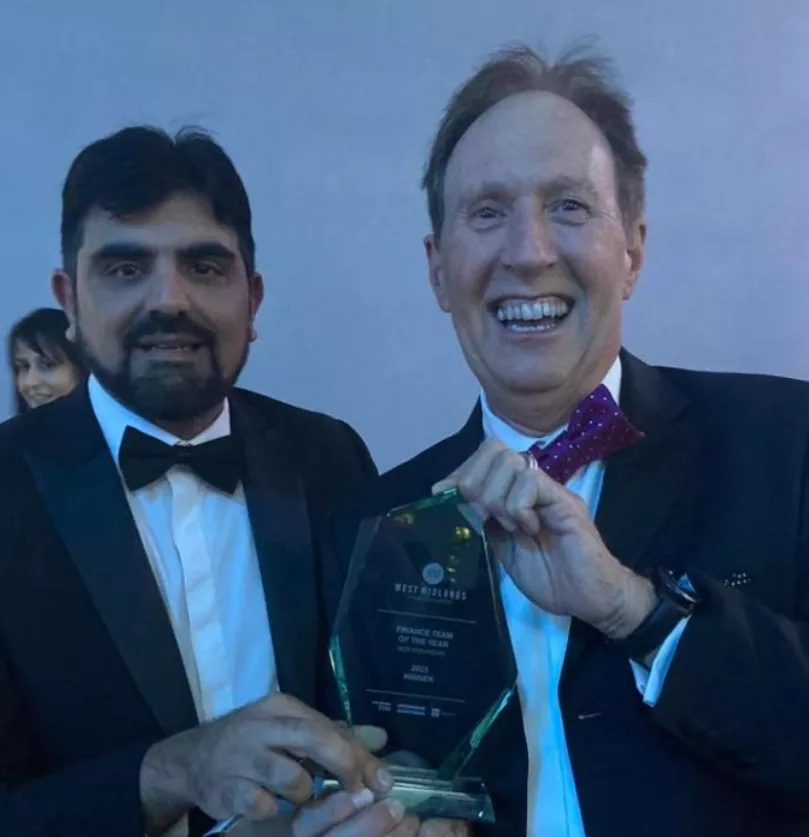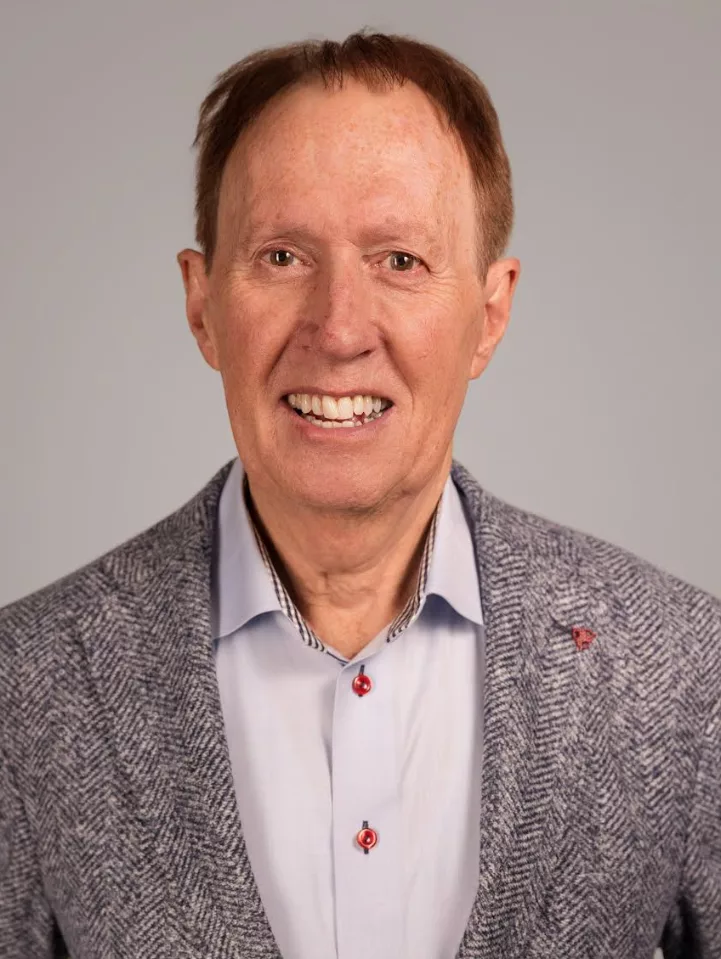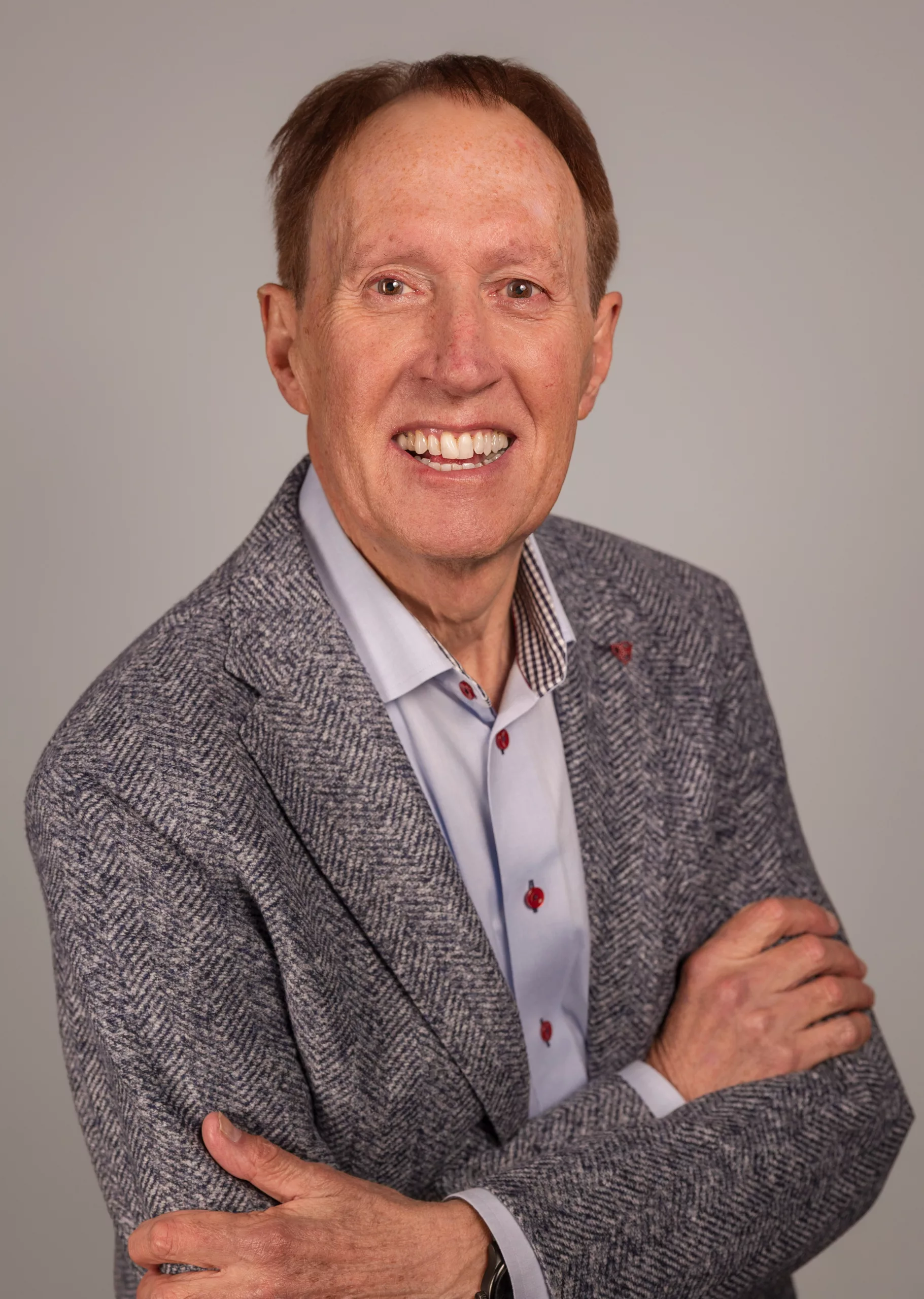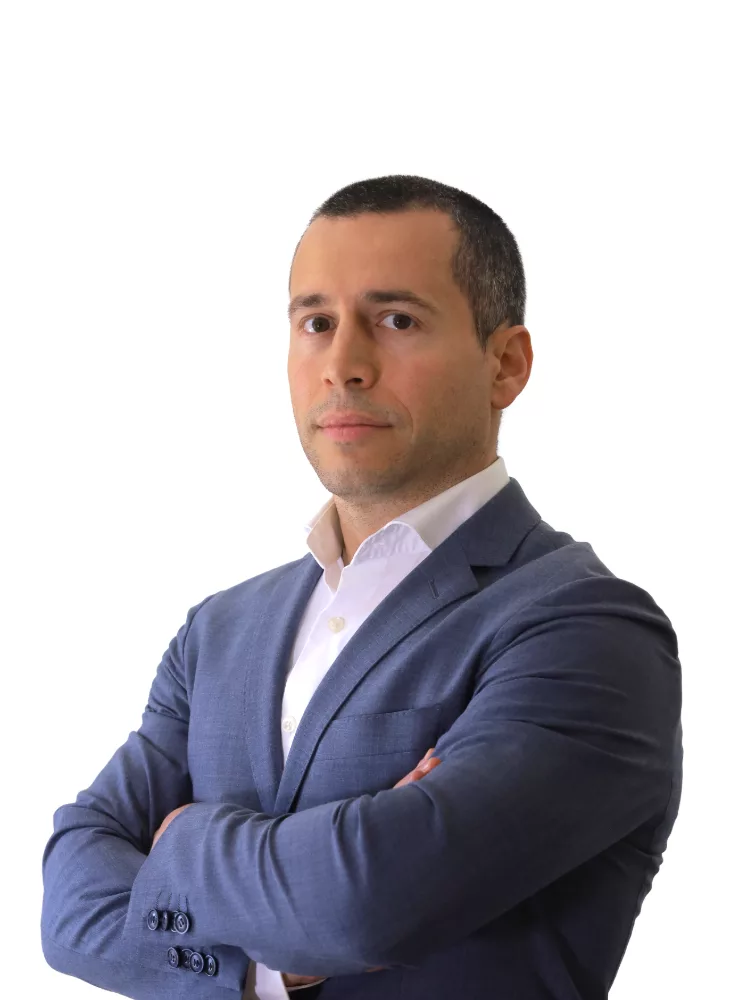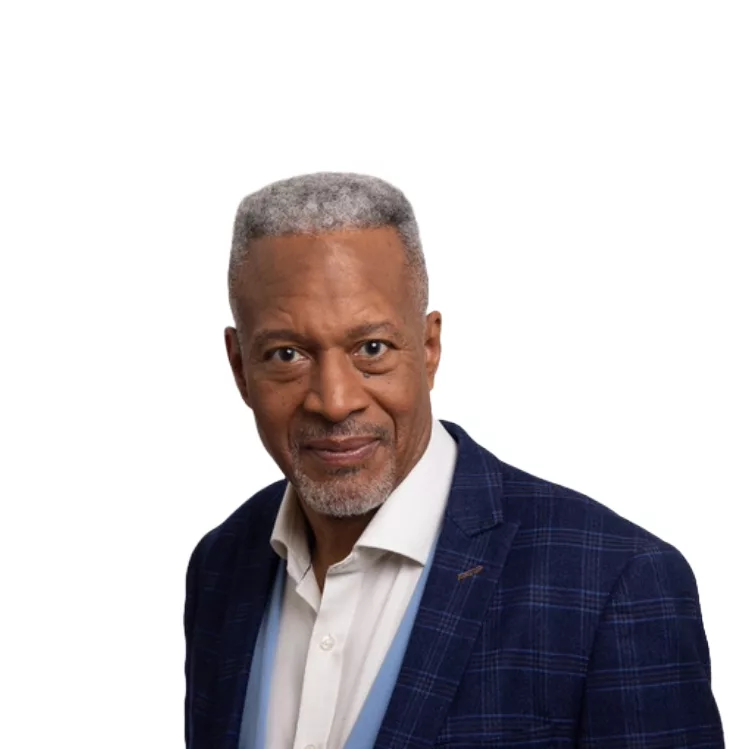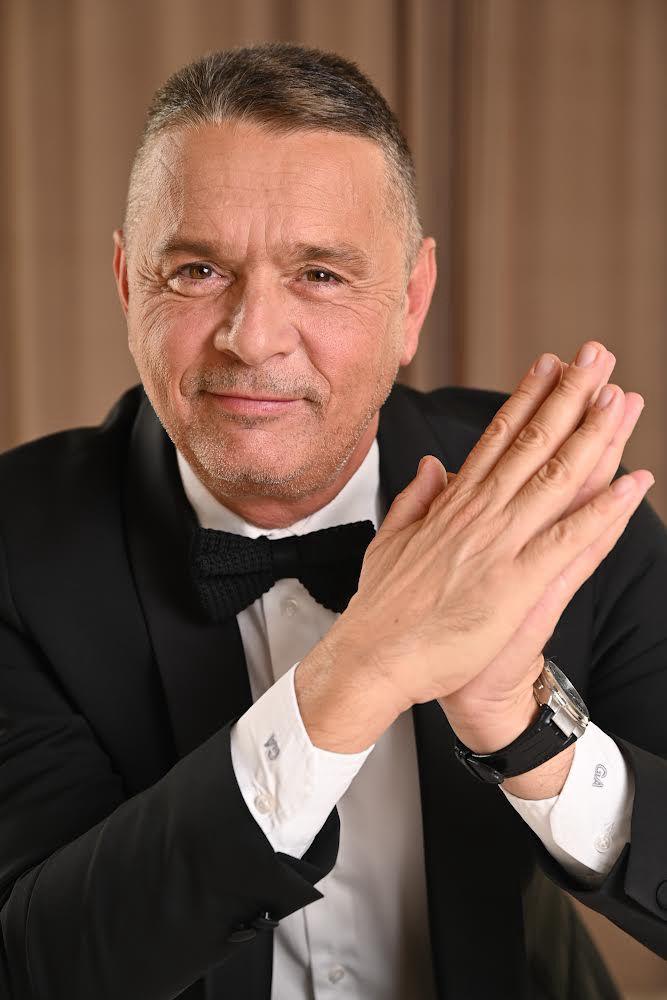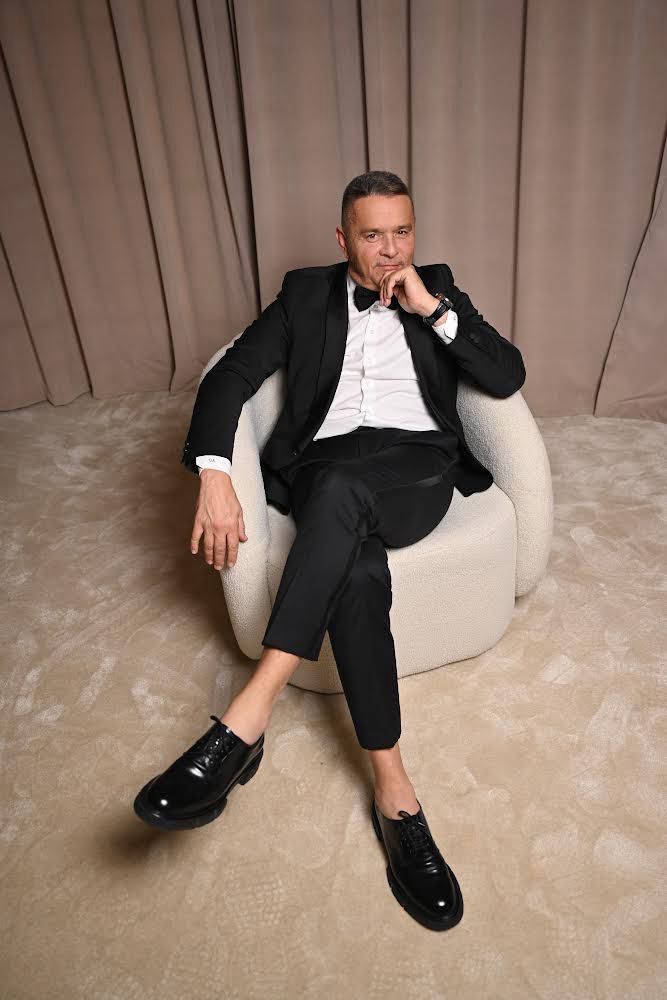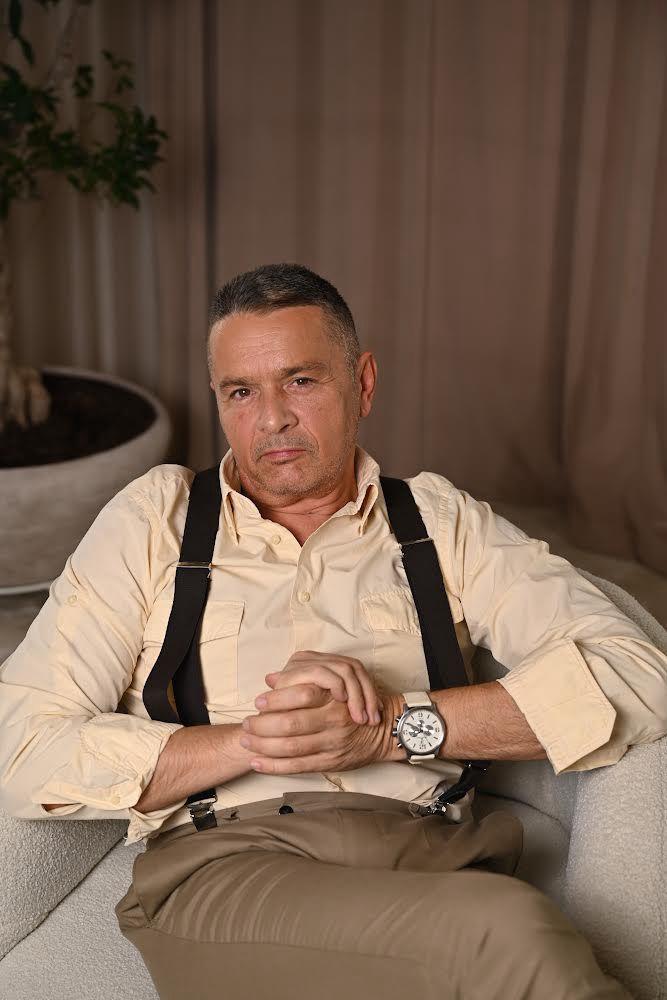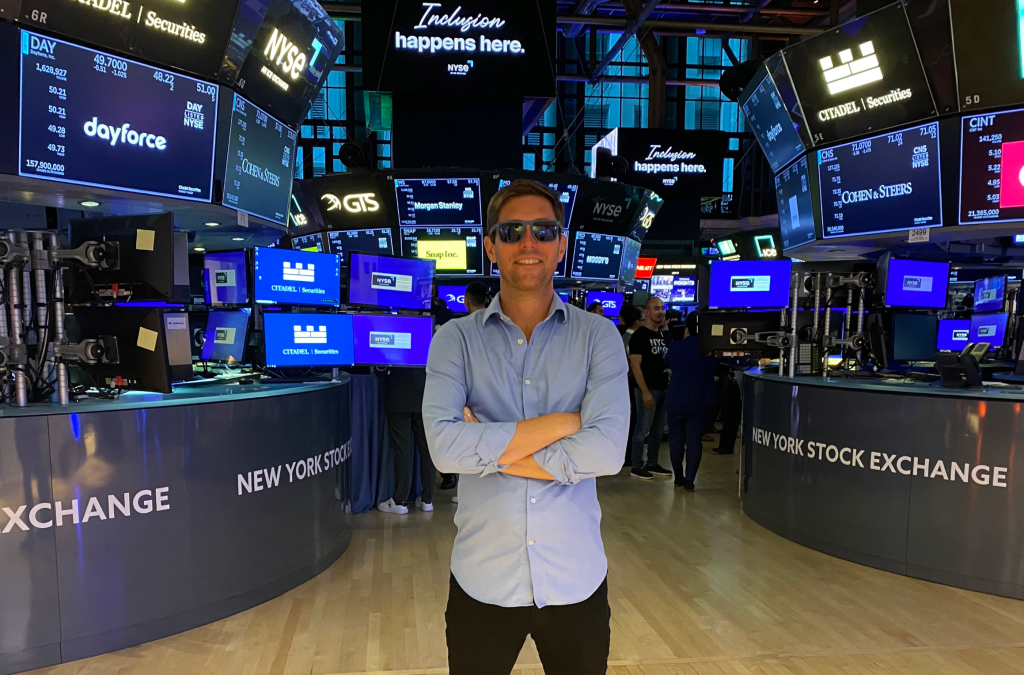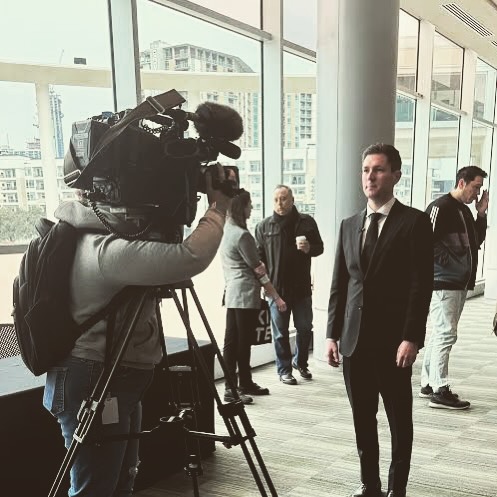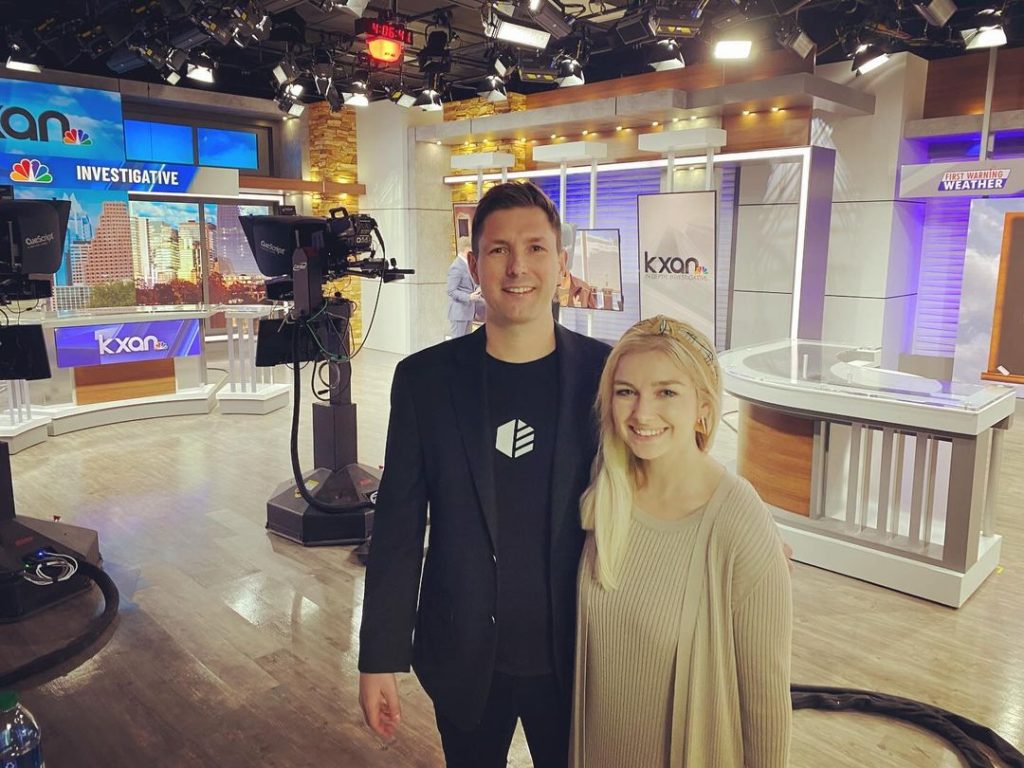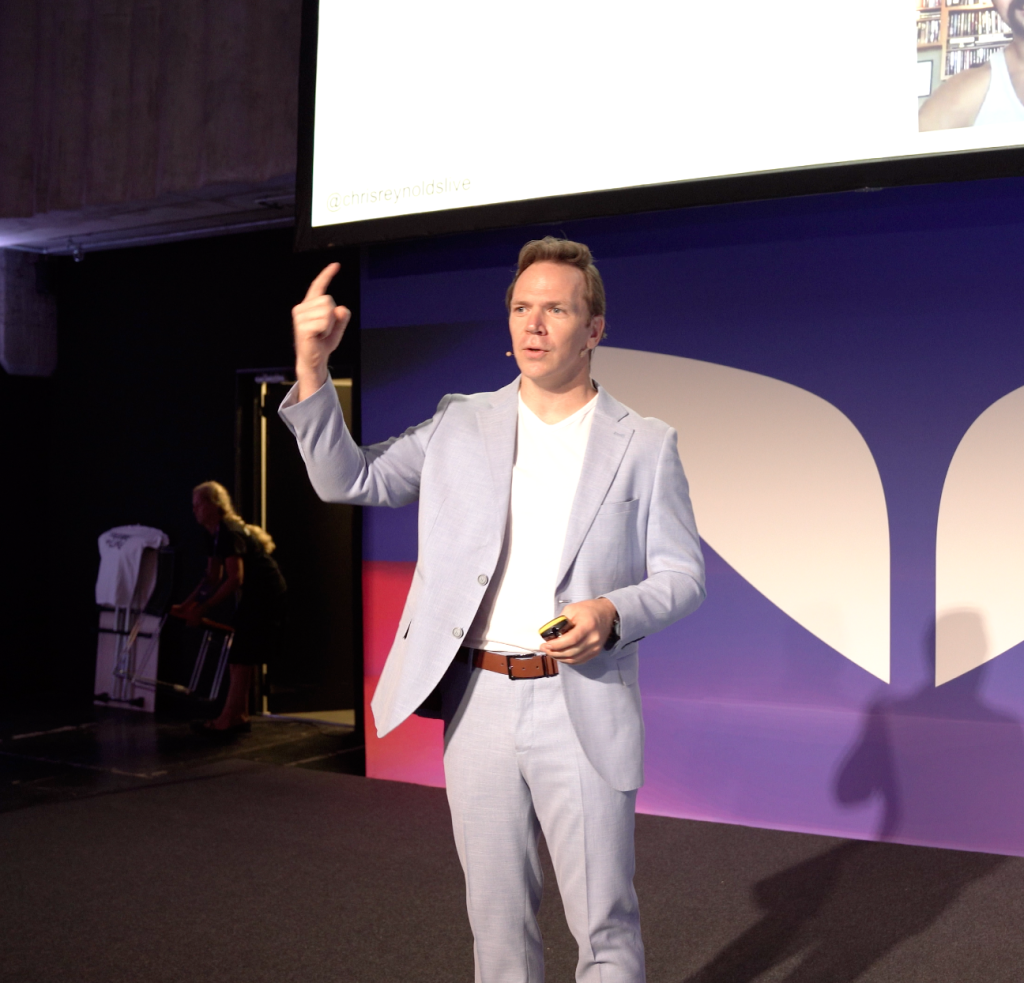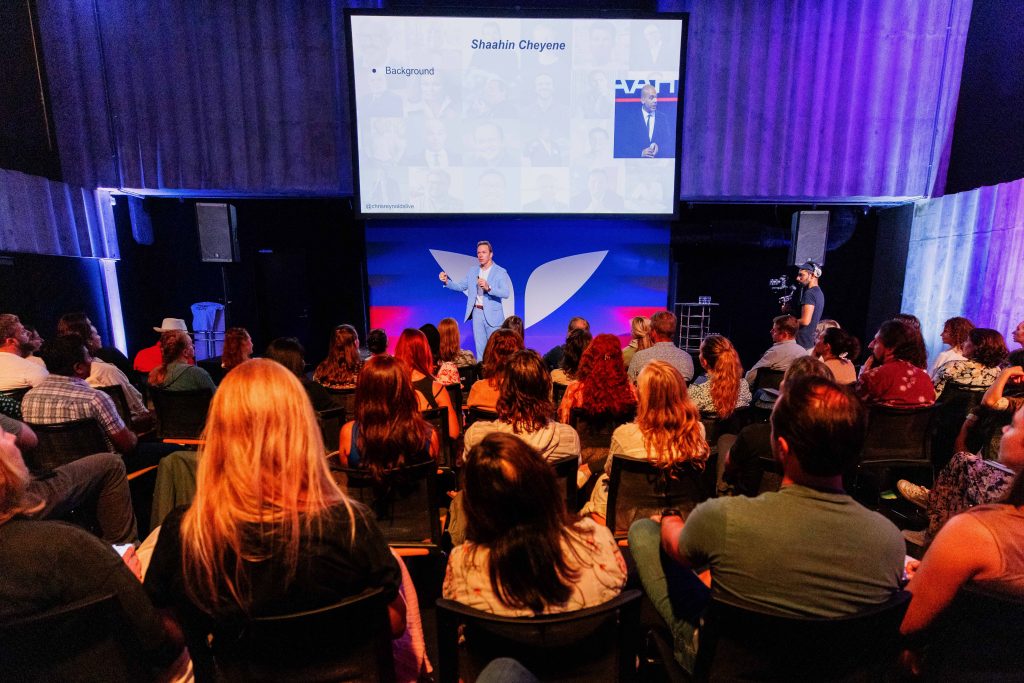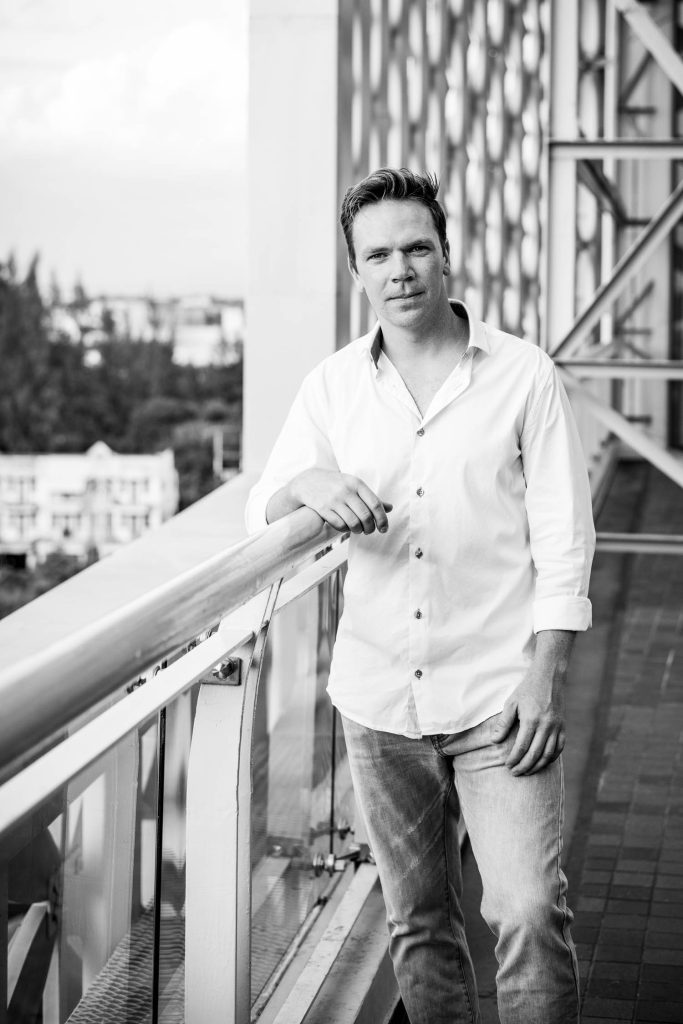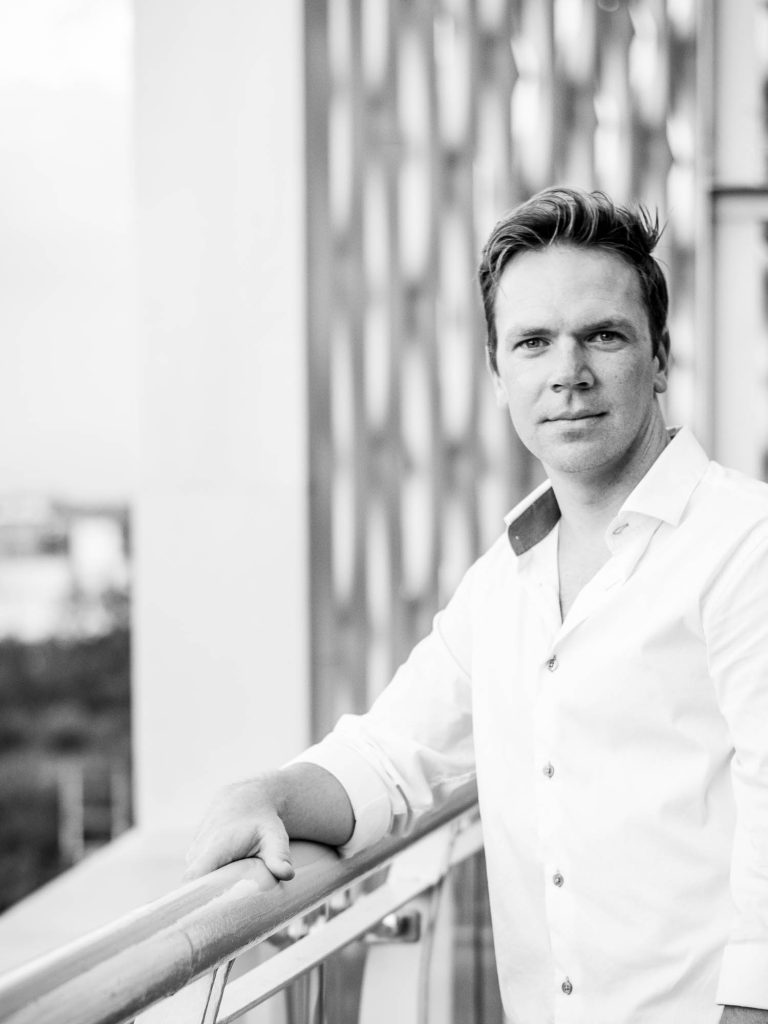From an uncertain childhood in foster care to breaking barriers in leadership, Tony Brown’s journey is a testament to resilience, determination, and the power of perseverance. Faced with racism, rejection, and hardship at every turn, he defied the odds to carve out a path to success. His story is not just about survival—it’s about transformation, proving that no matter where you start, you can rise, rebuild, and thrive.
Your early childhood was marked by separation from your birth parents and being fostered by multiple families. How did this experience shape your understanding of identity and belonging?
It was the 50’s and white people seen pushing a pram with a black baby were routinely abused. I arrived at an inconvenient time and as a result was fostered for the first 6 years, eventually with a white Dutch family. My time with them was idyllic and I had 2 older brothers who looked after me, I felt loved. Until the age of 5, I did not know that I was a different colour. Nowadays some do not agree with transracial fostering and adoption saying that it is detrimental to the child’s identity. My view is that love and a feeling of security are more important. Cultural mores can be learned later from a solid foundation. Without this start, I don’t know how I would have dealt with the trauma that came next
The moment in the bath at age five was a heartbreaking yet formative experience. How did that incident influence your perception of self-worth and resilience growing up?
When I was five, I was walking down the road when some children threw stones and me as well as racist abuse. It was a shock to the system, I was confused before it dawned on me that I was a different colour to them. I went home, got in the bath with some scouring powder and a brush, and tried to scrub the ‘colour’ off myself. Luckily, my foster mother came in and stopped me. She told me that I was loved, that those bullies were stupid, and that I was a different colour, but as good as anyone else.
Transitioning from a loving foster home to your birth parents’ household was a drastic change. What were the biggest emotional and cultural challenges you faced, and how did you navigate them?
The first point I would make is that people did the best they could with what they knew at the time, even if it was wrong. We are all a product of our backgrounds. I went from a secure, loving home to a brutal, vicious one. I was hurt, both physically and mentally. I was torn away from a safe environment and put into one where I was scared, and beaten regularly with a belt. This was for not acclimatising quickly enough to different foods, or not understanding my father’s broad patois. It was all too fast, my life felt turned on its head. My father was particularly impatient, strict and brutal, with both myself and my mother. It was only later in life that I came to understand that hurt people hurt people.
I started primary school and was severely punished if I did not come top of the class if I came home with dirty shoes, or bleeding because I had been bullied. My father’s response was to send me out to fight the bullies and get another beating from him if I lost. I know that was his way of trying to toughen me up in what he saw as a vicious, racist world where he could see nothing good.
You proved your academic abilities despite the negative assessment from your headmaster. How did that early criticism impact your motivation and drive for success?
I shamed my father still further by failing the 11 plus exam. Furious, he went to my headmaster’s house demanding an explanation as to how this could have occurred. My headmaster responded that I was ‘bright, but not intelligent’, words that infuriated him and impacted me for years. As a result, I was sent away to boarding school. Although I was the only black boy in the school and there was some more bullying, it was a relief to get away from home.
In my first year, I won three academic prizes and I discovered an enjoyment in learning as I could lose myself in it. I was also proving to myself that I was not as stupid as my father and former headmaster had led me to believe.
Racism and discrimination play a significant role in your education and career. What coping mechanisms or strategies did you develop to persist despite these obstacles?
I am always interested in what makes people tick (including me), which is why I did a Psychology degree after leaving school. That was quite a triggering experience as I learned about eugenicists who have a particular view of the world and categorise people according to race and ‘IQ’. It brought back the words of my primary school headmaster who was probably schooled in this line of thought.
When I was 15, and still at school, I was put on anti-depressants and kept on them for the next 45 years. It is only with hindsight that the role race stereotyping had to play in my treatment became clear. Once a label is applied, even incorrectly, the system, be it education, medical, financial, or penal, is difficult to shift and you are treated accordingly.
After leaving university I wanted to use my degree in the field of advertising and market research which fascinated me. However, I found myself homeless and jobless. I was escorted out of my local authority housing office by security after being told I was not ‘priority homeless’, and therefore ineligible for housing. Fortunately, after a while, I got together with some other homeless people and set up a short-life housing cooperative which put a roof over my head.
After numerous applications and interviews with advertising and market research companies in the early eighties, the boss of one of them took me out for a drink. He said I had the right attributes to be an Account Executive, but he could not appoint me because if his clients were prejudiced, he would lose business, and he could not take that risk. He advised me to look for work in another sector.
One day I went to ‘sign on’ at the Unemployment Benefit Office and was told they had a job for me – on the other side of the counter as a clerk. After a year and a half of trying to understand the labyrinthine benefits system which appeared to be designed to confuse, I found a job advising homeless people, before getting my first job as a Housing Officer with a local authority. Again, I saw a complicated hierarchical system designed to confuse and run by people who had not experienced homelessness, or social housing.
I naively made it my ambition to climb the greasy pole as quickly as possible to change things. (Be careful what you wish for). I gained the professional qualification and eight years later after 5 promotions was appointed at 34 as the first black Director of Housing with responsibility for 22,000 properties, 500 staff and a multi-million-pound budget. To get there, I had upset successive bosses, (with one exception), who tried to put me off saying I was moving too fast and not ready for the next step. I had upset some because I would not conform to ‘identity’ politics, and others who were racist. One boss in a management team meeting asked me what it was like to be a ‘N’ word. I looked around the table and saw that everyone was studying a microscopic dot on the table when I called him out on it.
One thing I learned from all this is when to pick your battles, and when to bite my tongue. What I found at the top was that every day there were people subtly, or blatantly working against me. I grew eyes in the back of my head and focused on results. Knowing that I would be judged on these I took the department from the bottom to the top of the government league tables. It was stressful. I coped by getting up and running at 5 am and on occasions drinking too much on top of the anti-depressants. At the time I was in an unhappy marriage and things piled up. Inevitably, divorce came next. The judge lowered her glasses and gave 90% to the other party. At the same time, the political administration which had been ‘hung’ for 4 years with ‘no overall control’ changed. Time for retribution, after 7 years in the role I was out of a job, and homeless again.
Your career journey was filled with resilience, from unemployment to leading housing initiatives. What lessons did you learn about perseverance and adaptability along the way?
I learned that there are some good people in the world, to balance out the others. It’s important to keep an open mind and know that you are not going to be everyone’s cup of tea. There will be as many who gravitate towards you as want to bury you. If you keep going doors you never thought would open do, and treat others as best you can, even when they disappoint you. Don’t waste time on vengeance, it sucks your energy. Karma has a way of fixing things, don’t bother doing it yourself. Focus on the end goal. If you lose focus, refocus on the big picture and find purpose in this.
Hitting rock bottom on Christmas Eve 2011 was a pivotal moment in your life. What shifted in your mindset after that experience, and how did you begin rebuilding?
I had several good years as a consultant after my divorce and job loss. I built my way back into solvency, bought a house, and was in another relationship. Then came the 2008 crash and the contracts dried up. By Xmas Eve 2011, I had sold the car, and there was a pile of unpaid bills, disconnection notices, and court dates relating to repossession. There was no food in the fridge, and the person who had been living with me for the past 6 years decided to leave.
I could hear an Xmas party going on next door with Slade’s song blasting through the walls. I had had enough, I had no money and could not see a way out. What I did have was a stash of anti-depressants collected over the years and a couple of cheap bottles of wine. I ran a bath, got in and took swigs of wine between swallowing mouthfuls of pills, intending to never wake up again.
However, I woke up in a locked psychiatric ward in a hospital with no clothes, money or phone, sectioned under the Mental Health Act. I was heavily sedated, but the medics decided that my depression was so intransigent that something more was needed – Electro-Convulsive Therapy (ECT). They strapped down my arms and legs, put an appliance around my tongue to prevent me from choking on it, injected me, and proceeded to administer the shocks.
I was told I could not leave until they said I could, and I had no way of contacting anyone to let them know I was there. Fortuitously, I saw an old computer in the corner, went on Facebook and in my drugged-up state recognised the name of an old school friend who I had not seen for about 30 years. I messaged him and instead of deleting, as most would, came and got me out.
On my release, my GP at the time was a wonderful lady who wrote to all my creditors explaining what had happened and bought me some time. A former work colleague (to whom I am now married), turned up on my doorstep – after being told not to come. After a while we got together and I sold my house. We decided to invest in property, went on a course, got a coach and moved up north where property was cheaper.
Over time, I developed serious back pain – slipped disc, sciatica and arthritis and was taking Tramadol and Gabapentin, very strong painkillers for this. I then developed a prostate issue and ended up on the floor screaming with pain, unable to urinate. I was taken to the hospital where they undertook a very uncomfortable procedure to facilitate this, arranged a biopsy, and gave me more pills. By now I had a pillbox which had my 24 daily pills sectioned off into morning, noon and night. I asked the doctor what would happen mixing all these different pills and he did not know.
Our property coach was an other-worldly type of person who was into holistic health, mind over matter, and could bend spoons with his mind like Uri Geller. He advised me to stop taking the pills and sent me to see a friend of his who was a kinesiologist. I took my pills to him and he told me that my body did not like any of them. He gave me some vitamins and minerals and I stopped all the medication
DO NOT DO THIS. GET YOUR DOCTOR’S ADVICE!
I spent 2 months shaking, sweating, hallucinating and feeling like I was going crazy. I rang the kinesiologist back and told him I could not do this and that I needed to go back on the medication. He advised me to get some colonic irrigation to flush my system out quicker. I took his advice and fortuitously the lady who undertook that procedure asked me if I had ever tried Bioresonance. I said I had never heard of it and she gave me the card of a practitioner.
First, he gave me some therapy before my first biopsy, after which the Consultant said he was not sure what was going on but booked me in for a further biopsy in a few weeks. I had some more Bioresonance and after that, the Consultant said that the good news was that I did not have cancer and that he was discharging me. I was delighted with this and went back to the Bioresonance Practitioner and asked if he could fix my back. I had several more sessions and the pain went. I went back to the gym, lost 2 stones, and regained my life.
I was delighted and asked him why more people did not know about this. I then told him we did not want to invest in the property anymore, to get me a Bioresonance device and teach me everything he knew.
The introduction to meditation and metaphysics through your coach marked a new chapter in your journey. How did these practices influence your healing and personal growth?
I realised that there was more to life than that which can be seen with the naked eye. The mind/body connection became so much clearer, as did the effect of our lifestyles, diet, exercise, sleep, hydration and stress – all pillars of the foundation of natural, holistic health. Since then every day has been a school day learning about the root causes of what makes people ill in our technologically advanced society
There have been terrific advances in medical science which are fantastic for emergencies such as accidents, surgery, stem cells and reconstruction. However, as a society, we are over-medicalised and need to focus on holistic methods before moving onto more intrusive pharmacological ones. In future, I hope for an integration of the best of both, it’s not an ‘either/or’ approach.
You have faced financial, emotional, and physical struggles throughout your life. Looking back, what do you believe was the key factor that kept you moving forward?
Focusing on the bigger picture, the result. To do this I have focused on a purpose. At one point it was homelessness, and while I still have input in that area, my main purpose now is health. Currently, in the UK there are now 2.8 million people off work sick. The psychological, physiological, emotional, societal and financial impact of this is massive.
I would also confess to an element of stubbornness mixed in with the resolve. I don’t like to see injustice, suffering, greed, and indifference.
If you could offer advice to someone currently struggling with depression, financial hardship, or identity crises, what would you say to them based on your own experiences?
Find the root cause first. Depression has an origin, and it’s not a chemical imbalance. People experience trauma at some stage in their lives and carry it. At some stage, it pops out and manifests in one way or another. This then impacts all other areas of life. Sometimes financial hardship is linked to a feeling of not being worthy to have financial stability or abundance, which can be linked to a lack of self-worth. Identity can be linked to how others see us rather than how we see ourselves, or we might internalise others’ perceptions more than our own. It is often easier to go with the crowd rather than forge our path and our own identity, and this takes work. However, I return to the point I made earlier which is that you cannot be everyone’s cup of tea, just be your own.
